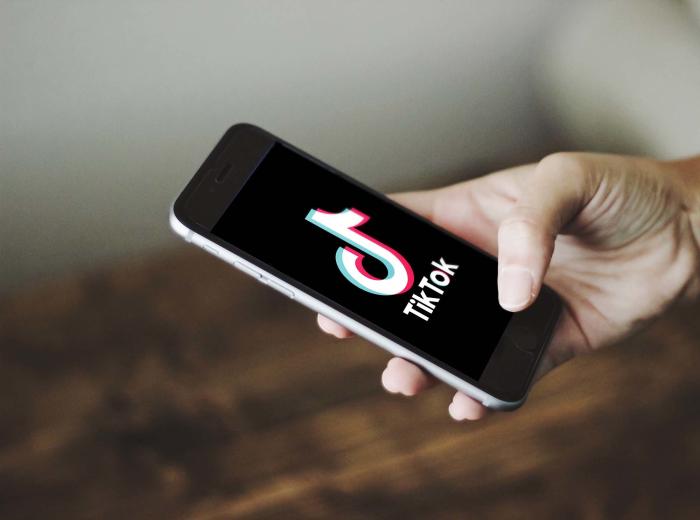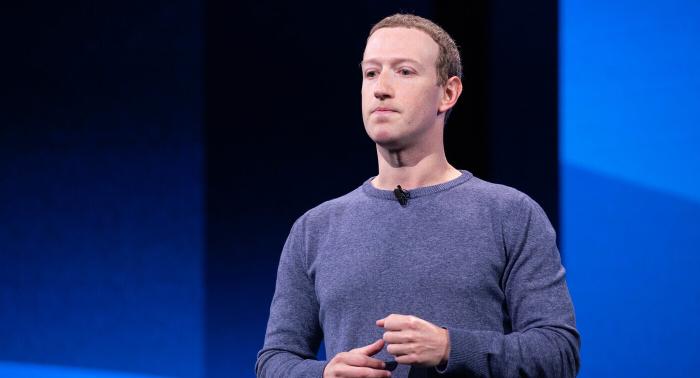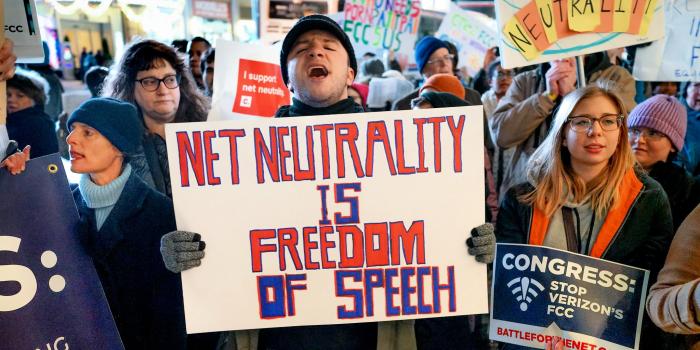Free Press Action: The Privacy Bill of Rights Act Protects People from the Internet Economy’s Worst Abuses

WASHINGTON — On Friday, Sen. Ed Markey (D–Massachusetts) introduced a comprehensive privacy bill of rights that would help safeguard internet users from some of the data economy’s worst abuses.
In addition to giving internet users greater control over how companies can obtain their personal information, the bill directs the Federal Trade Commission to promulgate rules to ensure that personal information is not used for “unreasonable” purposes. That means preventing companies from using people’s personal information to deny protected classes opportunities in employment, finance, health care, credit, insurance, housing or education.
Earlier this year, Free Press Action and the Lawyers' Committee for Civil Rights Under Law released draft legislation addressing these issues by applying time-tested civil rights and anti-discrimination principles to online businesses. The organizations explained that privacy is a civil right and people must be allowed to fight data-driven discrimination that exacerbates inequality and segregation in the United States.
Sen. Markey’s Privacy Bill of Rights Act gives people an important tool to fight this kind of algorithmic discrimination. It lets ordinary people enforce their civil rights by taking internet companies to court for facilitating discrimination.
Free Press Action Policy Counsel Gaurav Laroia made the following statement:
“Senator Markey’s bill will help enable people to use the internet without fear of exploitation or discrimination from companies intent on mining their private data. People must have the right to safely choose who they give their personal information to and need enforceable rules over how it can be used.
“Discriminatory data practices have disproportionate impacts on people of color, women, the LGBTQ community, immigrants, religious minorities and other marginalized communities. By collecting huge swaths of personal information and feeding it into algorithms designed to profile individuals for ad targeting and engagement, tech companies are facilitating a new era of segregation and discrimination.
“By classifying online businesses as public accommodations, the bill rightfully applies the same kinds of anti-discrimination protections that desegregated lunch counters and shops during the Civil Rights Movement. By giving people the right to take companies to court for violating their rights, the bill gives people the means to fight exploitation of their data and would prevent companies from building tools that reinforce discrimination. Along with safeguarding the right to privacy online, these civil-rights protections help ensure we continue to build a more just and equitable future.”





